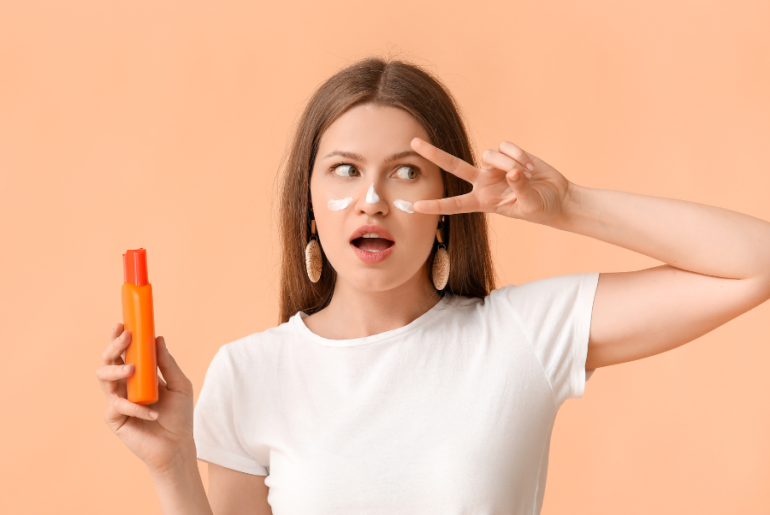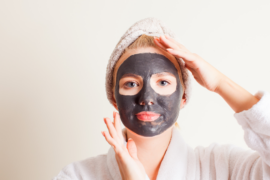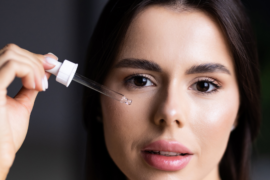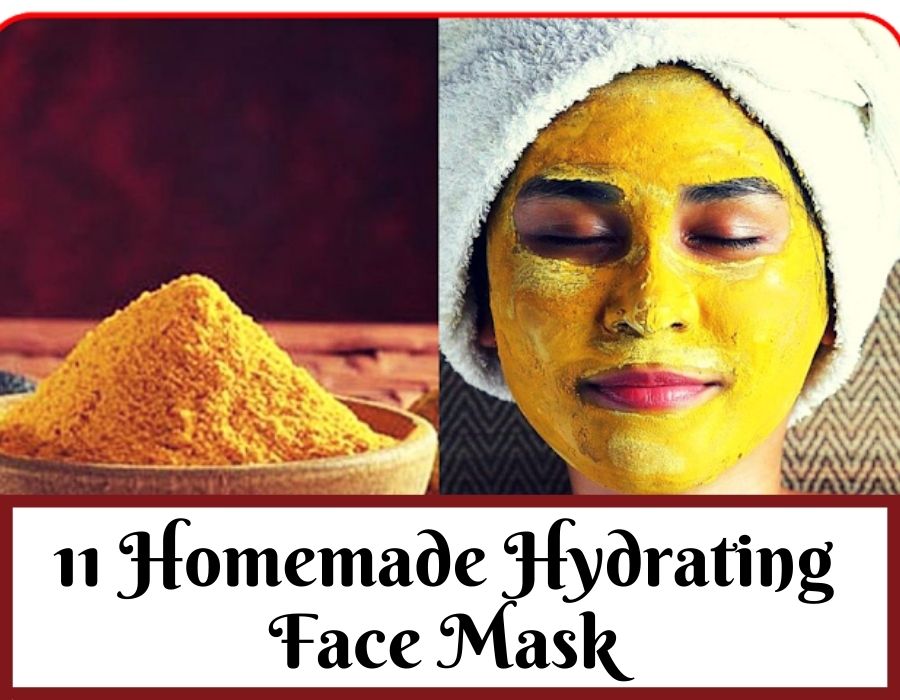We all love spending time in sun, until it takes a toll on our skin and starts damaging it. The invisible UV rays from the sun are strong and harmful. As we bask in the sunlight, we expose ourselves to a range of harmful effects, from sunburn to premature aging and even skin cancer. Therefore, sunscreen is important. So, what are the benefits of sunscreen on face.
Well, sunscreen not only protects our skin from harmful UV rays, but also helps to boost skin health and improve skin texture. From safeguarding against skin cancer to enhancing your complexion and boosting self-confidence, the advantages of consistent sunscreen use are profound and multifaceted.
So, let’s deep dive into the blog and understand more sunscreen usage-
Wearing Sunscreen Everyday Benefits On Face
1. Prevents skin cancer-
One of the most significant benefits of sunscreen is its role in preventing skin cancer. Research indicates that regular use of sunscreen can reduce the incidence of both melanoma and nonmelanoma skin cancers. Ultraviolet (UV) radiation from the sun is responsible for 80% to 90% of skin cancers, making sunscreen an essential protective measure.
2. Protects skin-
Sunscreen acts as a barrier against harmful UV rays, which can cause immediate damage like sunburn and long-term effects such as photoaging. By blocking these rays, sunscreen helps maintain the skin’s integrity and overall health.
3. Hyperpigmentation-
Hyperpigmentation occurs when certain areas of the skin become darker than the surrounding areas, often due to sun exposure. Sunscreen helps prevent this condition by shielding the skin from UV rays that trigger melanin production.
4. Prevents sunspots-
Sunspots, are flat brown spots that develop on sun-exposed areas of the skin. Using sunscreen daily can prevent these spots from forming by blocking UV radiation that stimulates melanin production in the skin.
5. Protects sensitive skin-
Individuals with sensitive skin are often more susceptible to sunburn and irritation from UV rays. Sunscreen acts as a blocker to harmful rays. Its formulation helps to protect against harmful UV rays.
6. Improves skin texture-
Regular use of sunscreen contributes to better overall skin texture. By protecting against UV damage, sunscreen helps prevent collagen breakdown, which is crucial for maintaining firmness and elasticity in the skin.
7. Boosts self-confidence-
Having healthy, well-protected skin can significantly enhance self-confidence. Knowing that you are taking proactive steps to prevent skin damage and maintain a youthful appearance allows individuals to feel more comfortable in their own skin.
How to Choose the Best Sunscreen for Your Skin?
Selecting the appropriate sunscreen involves understanding different types, SPF values, and how they relate to various skin types. Here’s a comprehensive guide to help you make an informed choice.
Types of Sunscreens
Sunscreens are primarily categorized into two main types: mineral (physical) and chemical.
1. Mineral Sunscreens
- Active Ingredients: Zinc oxide and titanium dioxide.
- Mechanism: Create a physical barrier on the skin that reflects and scatters UV rays.
- Best For: Sensitive skin, acne-prone skin, and children. They are less likely to cause irritation or allergic reactions since they do not penetrate deeply into the skin.
2. Chemical Sunscreens
- Active Ingredients: Commonly include oxybenzone, avobenzone, octisalate, octocrylene, and homosalate.
- Mechanism: Absorb UV radiation and convert it into heat, which is then released from the skin.
- Best For: Those who prefer a lightweight feel and a non-chalky finish. They may be easier to apply and blend into the skin, making them suitable for darker skin tones.
3. Hybrid Sunscreens
- Combination: Contain both mineral and chemical filters.
- Benefits: Aim to provide broad-spectrum protection while offering a more aesthetically pleasing application without leaving a white cast.
Understanding SPF Values
SPF (Sun Protection Factor) measures how well a sunscreen protects against UVB rays, which cause sunburn. Here’s what you need to know:
- SPF 15: Blocks about 93% of UVB rays.
- SPF 30: Blocks about 97% of UVB rays; recommended by dermatologists for daily use.
- SPF 50+: Offers slightly more protection but may not be necessary for most people as the increase in protection is minimal beyond SPF 30.
Skin Types and Sunscreen Selection
Different skin types may benefit from specific formulations:
- Oily Skin: Gel-based or matte-finish sunscreens can help control shine while providing protection.
- Dry Skin: Creams or lotions with hydrating ingredients are ideal as they provide moisture along with sun protection.
- Sensitive Skin: Mineral sunscreens are generally recommended due to their gentle formulation.
- Acne-Prone Skin: Look for non-comedogenic mineral sunscreens that contain zinc oxide, which can help reduce breakouts.
How and When to apply sunscreen correctly?
Applying sunscreen correctly is crucial for effective protection against harmful UV rays, which can lead to skin cancer, premature aging, and sunburn.
Choosing the Right Sunscreen
- SPF Rating: Select a sunscreen with an SPF of at least 30. Higher SPF values offer more protection, especially for extended outdoor activities.
- Broad-Spectrum Protection: Ensure the sunscreen protects against both UVA and UVB rays. Look for “broad-spectrum” on the label.
- Water Resistance: Choose a water-resistant formula if you plan to swim or sweat.
How To Apply Sunscreen On Face Daily?
- Apply sunscreen 15–20 minutes before going outdoors. This allows the active ingredients to bind effectively to your skin.
- Use approximately 1 ounce (about a shot glass full) for full body coverage.
- Apply sunscreen to all exposed skin, including often-missed areas like: Ears, Back of the neck, Scalp (especially if thinning), Tops of feet and hands, Around the eyes
- Reapply every two hours, or immediately after swimming or sweating. If you towel off, reapply as well.
Bonus Tips-
- If you like to apply moisturizer, please apply it before you apply sunscreen. Sunscreen should be the last to be applied.
- Sunscreen, once opened, is effective till 4 months. As the ingredients in it starts to lose their efficacy.
Above, are the benefits of sunscreen on face. Applying sunscreen daily and consistently helps to keep your skin healthy and away from any environmental damage. While choosing the sunscreen, keep the skin type, activity level and preferred texture in mind.
From preventing serious conditions like skin cancer to enhancing your complexion and boosting self-esteem, the benefits of sunscreen are profound and multifaceted.
Which and how do you apply sunscreen on face?










Comments are closed.